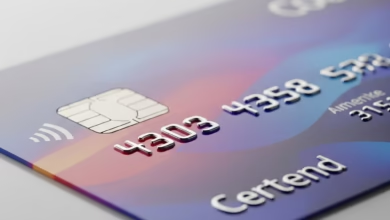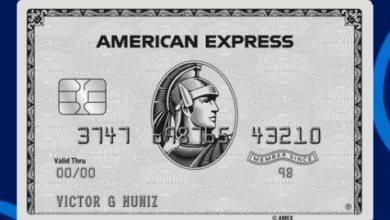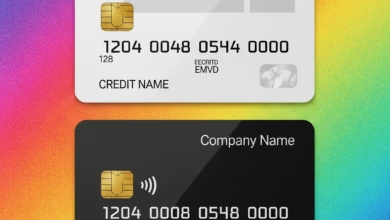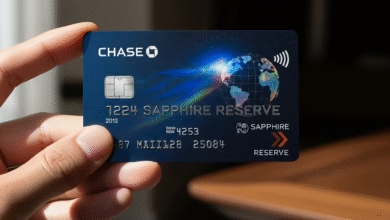Is it worth having multiple credit cards?
Understand whether or not it is worth having more than one credit card
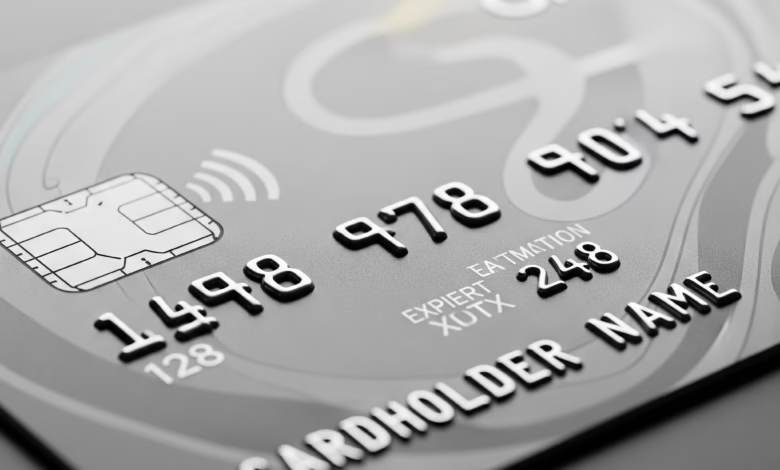
For many, the idea of having multiple credit cards can seem overwhelming or even financially risky. However, when managed responsibly, a strategically built credit card portfolio can offer significant benefits, from maximizing rewards to building a robust credit history. But is it the right choice for you? Let’s break down the pros and cons to help you decide if juggling several cards is a smart financial move.
Understanding the Benefits: Why More Cards Can Be Better

Having more than one credit card isn’t just about having more plastic in your wallet. It’s about leveraging different features for various financial goals.
Boost Your Credit Score: The Power of Credit Utilization
One of the most impactful ways multiple cards can benefit you is by improving your credit utilization ratio. This ratio, which compares your total credit used to your total available credit, is a major factor in your credit score. If you have a single card with a $5,000 limit and carry a $2,000 balance, your utilization is 40%. With two cards, each with a $5,000 limit, and the same $2,000 balance spread across them (or even on one), your total available credit increases to $10,000, bringing your utilization down to 20%. A lower utilization ratio generally signals less risk to lenders and can lead to a higher credit score.
Maximize Rewards and Cash Back: Tailoring Your Spending
Different credit cards offer different reward structures. One might give you 5% cash back on groceries, another 3% on gas, and a third double points on travel. By strategically using specific cards for different spending categories, you can significantly boost your overall rewards accumulation. This is often referred to as “rewards stacking” or “category maximizing.” Imagine earning more on your everyday purchases just by choosing the right card!
Unlock Valuable Perks and Protections: Beyond Basic Benefits

Many credit cards come with a host of perks that go beyond simple rewards. These can include:
- Travel Insurance: Protection for trip cancellations, delays, and lost luggage.
- Rental Car Insurance: Often covers collision damage waiver, saving you money at the rental counter.
- Extended Warranties: Adding extra years to manufacturers’ warranties on purchased items.
- Purchase Protection: Covering new purchases against damage or theft for a certain period.
- Lounge Access: Complimentary entry to airport lounges, enhancing your travel experience.
Having multiple cards allows you to access a wider array of these valuable benefits, potentially saving you money and providing peace of mind.
Emergency Fund Backup: A Financial Safety Net
While not a substitute for a traditional emergency fund, a credit card with a high limit can serve as a vital backup for unexpected expenses. If an unforeseen car repair or medical bill arises, having available credit can prevent you from dipping into savings or, worse, going without. This should, of course, always be a last resort, with a plan for prompt repayment.
The Potential Pitfalls: When More Cards Can Be a Problem
While the benefits are clear, it’s crucial to acknowledge the risks associated with managing multiple credit cards.
Increased Risk of Debt: The Temptation of Available Credit
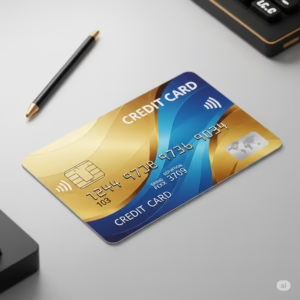
The most significant danger of having multiple cards is the increased temptation to overspend and accumulate debt. With more available credit, it can be easy to lose track of your total outstanding balance. If you’re prone to impulse purchases or struggle with budgeting, more cards could lead to a cycle of debt that’s difficult to break.
Annual Fees Accumulation: Hidden Costs Add Up
Many premium credit cards offering attractive rewards and perks come with annual fees. While a single fee might seem manageable, multiple annual fees can quickly add up, potentially outweighing the value of the rewards you earn. It’s essential to perform a cost-benefit analysis for each card to ensure you’re getting a net positive return.
Complex Management: Keeping Track of Due Dates and Payments

Juggling multiple cards means keeping track of multiple due dates, minimum payments, and interest rates. Missing a payment on even one card can result in late fees and a negative impact on your credit score. This requires a high level of organization and discipline. Setting up automatic payments can mitigate this risk, but vigilance is still necessary.
Credit Score Dips (Initially): Short-Term Impact of New Accounts
Each time you apply for a new credit card, a “hard inquiry” is placed on your credit report. A single hard inquiry typically has a minor, temporary negative impact on your credit score. However, applying for too many cards in a short period can signal higher risk to lenders and cause a more noticeable dip. This effect usually fades over time as your accounts age and you demonstrate responsible use.
How to Manage Multiple Credit Cards Responsibly
If you decide that having multiple credit cards aligns with your financial goals, responsible management is key.
Create a Budget and Stick to It: Your Financial Blueprint
Before you even think about another card, have a solid budget in place. Know your income, your expenses, and how much you can realistically afford to spend each month. This foundation will prevent you from overspending regardless of how much credit you have available.
Pay Your Bills in Full and On Time: The Golden Rule
This cannot be stressed enough. Always aim to pay your full statement balance by the due date. This avoids interest charges, which can quickly erode any rewards you earn, and protects your credit score from late payment marks. If paying in full isn’t possible, always pay at least the minimum amount.
Utilize Auto-Pay and Alerts: Never Miss a Payment
Set up automatic payments for at least the minimum amount on all your cards. Better yet, if your bank allows, set up auto-pay for the full statement balance. Additionally, enable email or text alerts for upcoming due dates and payment confirmations.
Track Your Spending Across All Cards: Stay Informed

Use budgeting apps, spreadsheets, or online banking tools to monitor your spending across all your credit cards. This ensures you’re aware of your total debt burden and helps you stick to your budget.
Understand Each Card’s Purpose: Be Strategic
Assign a specific purpose to each card. Use one for gas, another for groceries, and a third for online shopping to maximize specific rewards. Don’t just swipe randomly.
The Verdict: Is It Worth It for You?
Having multiple credit cards can absolutely be worth it for individuals who are financially disciplined, have a clear understanding of their spending habits, and are committed to responsible management. For these individuals, it offers a powerful tool for maximizing rewards, enhancing credit scores, and accessing valuable perks.
However, if you’re new to credit, struggle with debt, or find it difficult to track your spending, it might be best to stick to one or two cards and focus on building good habits first. The key is self-awareness and a commitment to financial responsibility. When managed correctly, a diversified credit card portfolio can be a significant asset in your financial journey.


